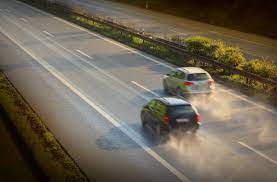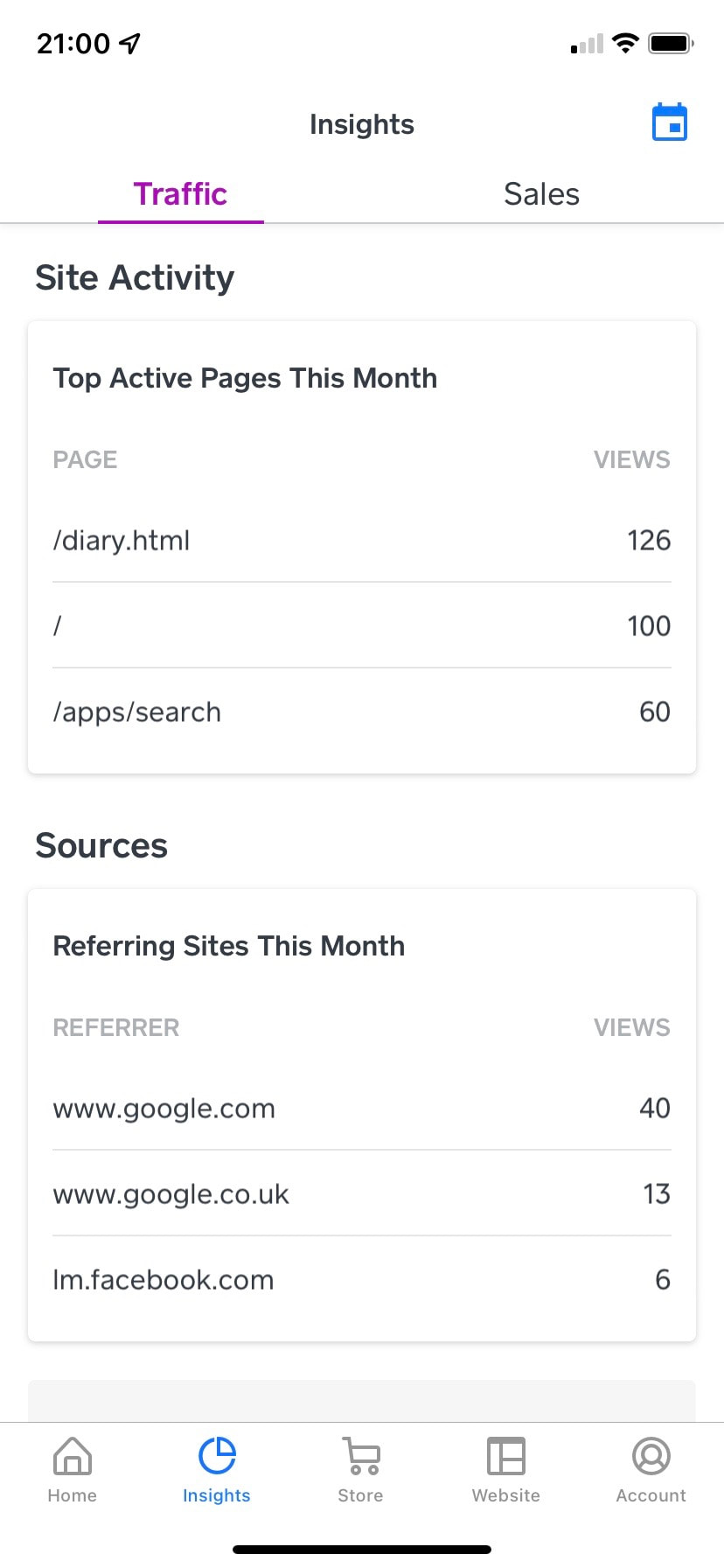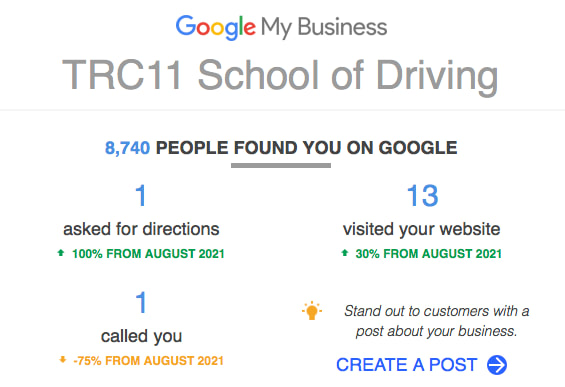|
After two years' faffing, I've this morning bought a 'GT Line' in Bristol. I collect it this week. For the electric-sceptics, see how little will change visually. And remember, it's easier, quicker and cheaper to learn and pass a test in an automatic. (I'll soon have some figures to back that bold claim).
Of course, anyone can upgrade to a manual licence. But I recommend you get on the road first, then just look for an old (or new) car, to build-up a No-Claims Discount with an insurer. THEN decide if you really need to... in the face of COP26 ! (Test waiting times should be shorter by 2023-24, too).
The CGI could be projected onto windscreens and door mirrors, or simply on screens mounted close to the car. Screens slightly curved should not be overly expensive (unlike those now used in the film industry).
These might even be portable, carried in that same car, itself leased advantageously from manufacturers keen for kudos from DVSA and familiarity by newly-qualifieds. Such cars could be driven to small dedicated areas of educational sites, for example, where candidates could be assessed with shorter intervals, much like the rapid throughput at Theory test centres. In exchange for driving cars to site, examiners might in time be offered their private use. A short, say 10/15-minute, telemetric assessment would (a) appear to young candidates as more contemporary, expected, and less subjective. It (b) segues comfortably from the on-screen Theory test. It (c) reduces carbon footprint. It (d) liberates trained examiners to conduct on-road tests of 30-minutes (the legal minimum) rather than the existing 40, thus enlarging capacity at this difficult time. It may in time (e) significantly lower the upkeep cost of estates and leases. Even if not implementable by a deadline that practically shifts the Covid backlog, might third-parties—perhaps even tech-savvy ADIs—be encouraged to submit recorded assessments to DVSA-stated criteria, in return for an earlier on-road test date? A satisfactory "pre-road screen-test” would heighten a candidate's chance of passing their own “on-road” test, thus clearing the backlog faster. The ABRSM recently started such a mechanism for music exams. If the candidate wished, video-selfies might be used to convince an insurer that a new driver was less of a risk. Just a thought. Now, over to the logisticians...
Resits are not currently disadvantaged over first-timers, but that option IS being considered so that newcomers get a fair opportunity to become independently mobile as we all "build back".
I shall soon change my car to an auto (an electric, in fact). So students after that have 3 options:
1. Try an auto (you can always return to a manual lesson / test, but may find you prefer it); 2. Change instructor (I won’t be offended, and there'll be many manual instructors for years yet); 3. Hunt for an early test (unlikely to be successful: they're super-rare and are you REALLY ready?)
|
Archives
July 2024
|







 RSS Feed
RSS Feed